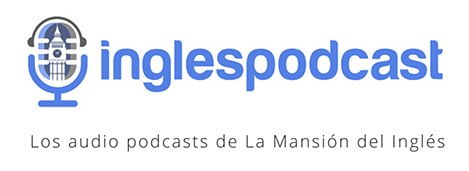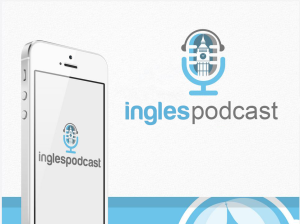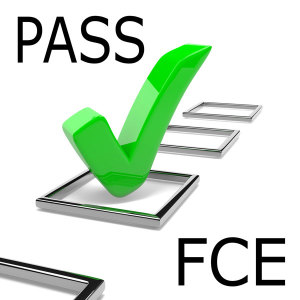If you are new to this podcast, if this is your first time with us, welcome! I’m Reza, and beside me I have my friend and colleague Craig, and we are going to help you improve your English and take it to the next level. In this episode: even though, even when, even so, even…
Mansion interviews Bob Wilson from Autoenglish
Hello and welcome to Mansion Interviews, a podcast which gives me an excuse to talk to interesting people while at the same time improving your English. I’ve known Bob for quite a few years, although despite living in the same city, we see very little of one another. So, I was really pleased when we…
Speaking Part 1 with Miguel and Pau, PassFCE-12
In this episode of PASS FCE I’d like you to meet two FCE students who are studying with me at the moment, Miguel and Pau. Welcome to PASS FCE, a Mansion Ingles podcast specifically created to help you pass the Cambridge First Certificate in English Exam. I’m Craig, I’m a teacher at the British Council…
Reflexive pronouns and shopping vocabulary – AIRC47
If you are a new listener, If this is your first time here, welcome! Our names are Reza and Craig, and we are going to help you improve your English and take it to the next level. You can find more podcasts at inglespodcast.com and you can study English free at mansioningles.com. In this episode:…
Mansion interviews Luke Thompson from Luke’s English Podcast
Hello and welcome to Mansion Interviews, a podcast which gives me an excuse to talk to interesting people while at the same time improving your English. I want to thank Mamen from Biescas, Aragon in the Pyrenees for introducing me to Luke and Luke’s English podcast. She said how much she enjoys listening to Luke…
Speaking Part 1 with Aida and Marta, PassFCE-11
In this episode of PASS FCE I’d like to introduce you to 2 FCE student who are studying with me at the moment, Aida and Marta. Welcome to PASS FCE, a Mansion Ingles podcast specifically created to help you pass the Cambridge First Certificate in English Exam. I’m Craig, I’m a teacher at the British Council…
Say and tell, economy and money vocabulary and idioms – AIRC46
If you are a new listener, If this is your first time here, welcome! I’m Craig. (And I’m Reza), and we are going to help you improve your English and take it to the next level. You can find more podcasts at inglespodcast.com and you can study English free at mansioningles.com. In this episode: What’s…
Mansion Interviews Harry and Frances about the Second World War
My mum and dad were only children during the Second World War, but they still remember a lot, and I thought it would be interesting to ask them a few questions. Here’s another Mansion interview from mansioningles.com. Harry and Frances speaking about World War ll. Vocabulary to break out = to start (estallar) warehouse…
Bare and Bear, So and such, Weekly wind-ups and your feedback – AIRC45
If you are a new listener, If this is your first time here, welcome! You can find more podcasts at inglespodcast.com and you can study English free at mansioningles.com. In this episode: Bare and Bear, So and such, A new section (weekly wind-ups), and your feedback Feedback: Yolanda: Hi again!, I couldn’t bring you Vinaros…
An Overview of the FCE Writing Paper – PassFCE-10
In this episode of PASS FCE, an overview of the writing paper. What do you have to write? How much time do you have? How many words do you have to write? How can you prepare for the writing? We’ll answer all these questions, and more, in this episode of PassFCE. Welcome to PASS FCE,…
- Prev Page...
- 1
- …
- 48
- 49
- 50
- 51
- 52
- …
- 57
- ...Next Page



